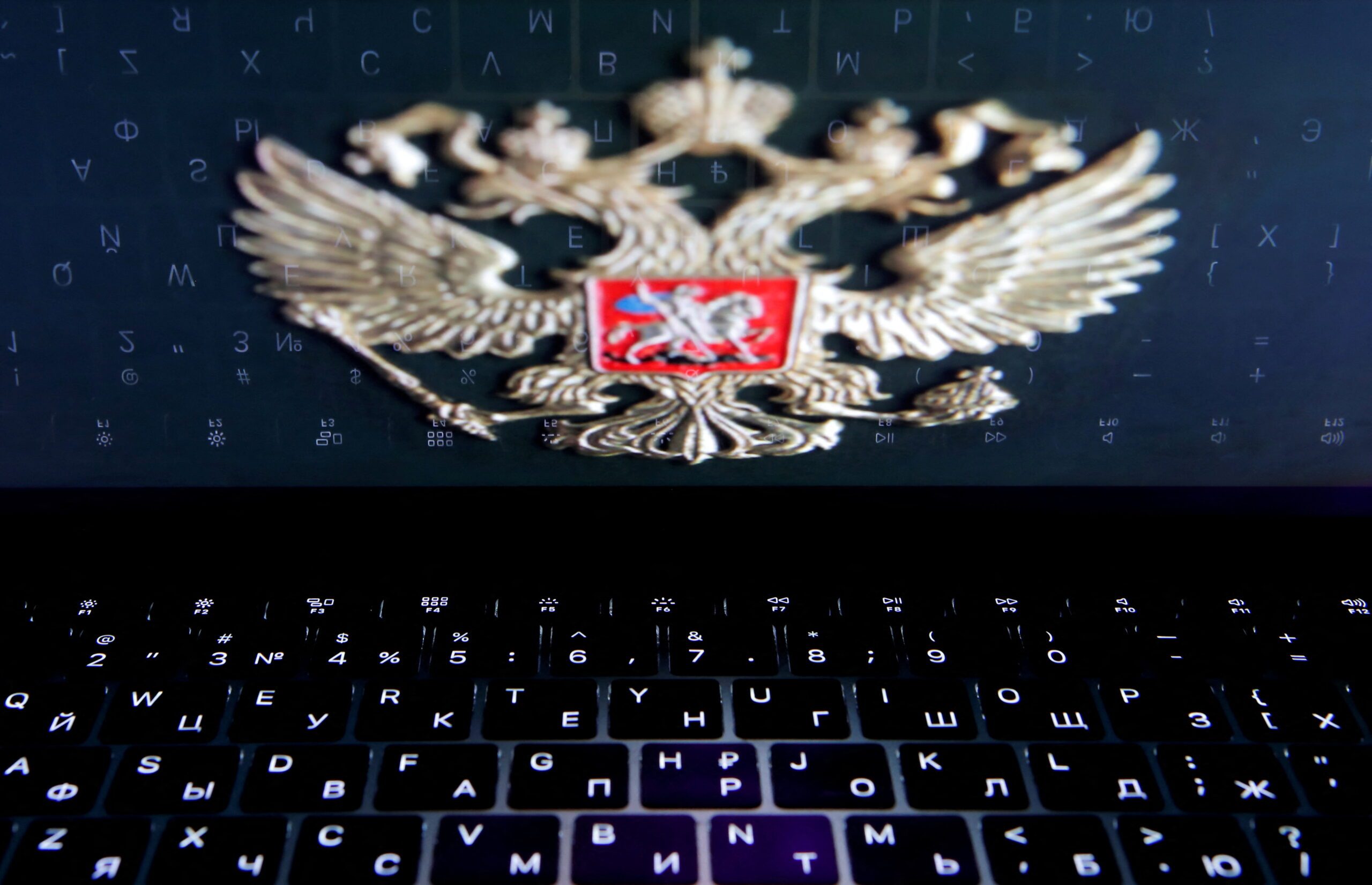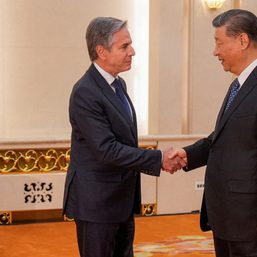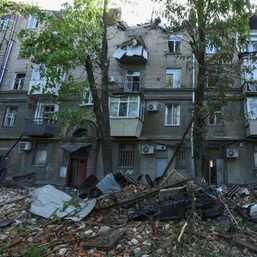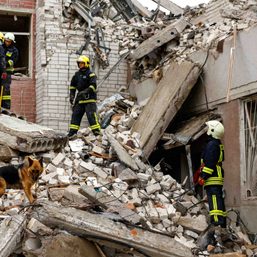SUMMARY
This is AI generated summarization, which may have errors. For context, always refer to the full article.

Ukraine-born investigative journalist and disinformation expert Jane Lytvynenko, in an interview with Maria Ressa last Friday, February 25, pointed out a key element regarding how disinformation works – it capitalizes on the knowledge gap of audiences.
Disinformation is insidious, and will seep into the cracks where there is no solid fact, and in so doing, compromises the integrity of established truth and knowledge.
Lytvynenko said it is happening now in Russia’s invasion of Ukraine, pointing out that the current conflict really has been going on for eight years since 2014. While the world paid attention to Russia’s Crimean annexation, and the downing of the Malaysian Airlines’ flight MH17 over eastern Ukraine that same year in 2014, the conflict has largely faded in the background for the vast majority of the international community – leaving room for pro-Kremlin disinformation to seep in and attempt to take control of the narrative. Where historical knowledge fades, disinformation can take over and reshape facts.

“[The international community] unlearned what they learned in 2014. And the knowledge gap means Russia has a big opportunity to spread the narrative that is most beneficial to them,” Lytvynenko said. The disinformation narrative now supporting Russia is that Ukraine and NATO are threatening Russia, that Ukraine is perpetuating chemical attacks, or that Russia needs protection from Ukraine, none of which is real according to Lytvynenko.
This disinformation can provide justification for actions, including invasions. Lytvynenko explained how Putin himself, in his speeches, distorts Ukraine’s history, or how social media channels can be used to mischaracterize what’s happening on the frontlines, often making attacks look more successful than they are.
The mischaracterization can range from false flag videos or videos that purportedly show an aggressive act while pinning the blame on another party, or videos of attacks that were taken out of context.
“Once [the pieces of content] were dissected, [it showed that they] clearly came from the Russian side of the frontline,” Lytvynenko noted.
“So the justification for this war as was the justification for the annexation of Crimea, and the occupation of these territories in the first place came from disinformation narratives. And the difficult part of disinformation during the war is that every attack and every action has a different disinformation narrative behind it. That means if Russian troops are taking over an airport, the Russian side is proactively trying to make it look like they were much more successful than they actually are. And that is happening with attacks all over Ukraine. Ukraine is a very large country by European standards, and that is causing a lot of confusion,” Lytvynenko explained.
For Lytvynenko, social media companies, on which these disinformation narratives continue to exist, have a lot of work to do: “They could’ve adjusted their approach to how they govern the information environment, and prevented or at least made less severe the disinformation attacks that we’ve seen all over the world.”
“To this day, I can’t think of a single country to point on the map that has not dealt with the problem of disinformation. Not one. And that problem inflames divisions within society that make our conversations seem irreconcilable but also that promotes violence, that promotes harm, and sometimes facilitates death.”
Lytvynenko also said that one thing that may help is if social media platforms were to provide “vast access to the data on these platforms to academics, journalists, researchers, and civil society globally, not just in the English-speaking world but everywhere,” pointing out how Facebook had earlier shut down access to data, which has made it harder to investigate what is happening in these platforms.
Disinformation is “a weapon of those who don’t want to build free nations,” Lytvynenko finished, also saying it is democracy that Russian president Vladimir Putin truly doesn’t want. – Rappler.com
Add a comment
How does this make you feel?





There are no comments yet. Add your comment to start the conversation.